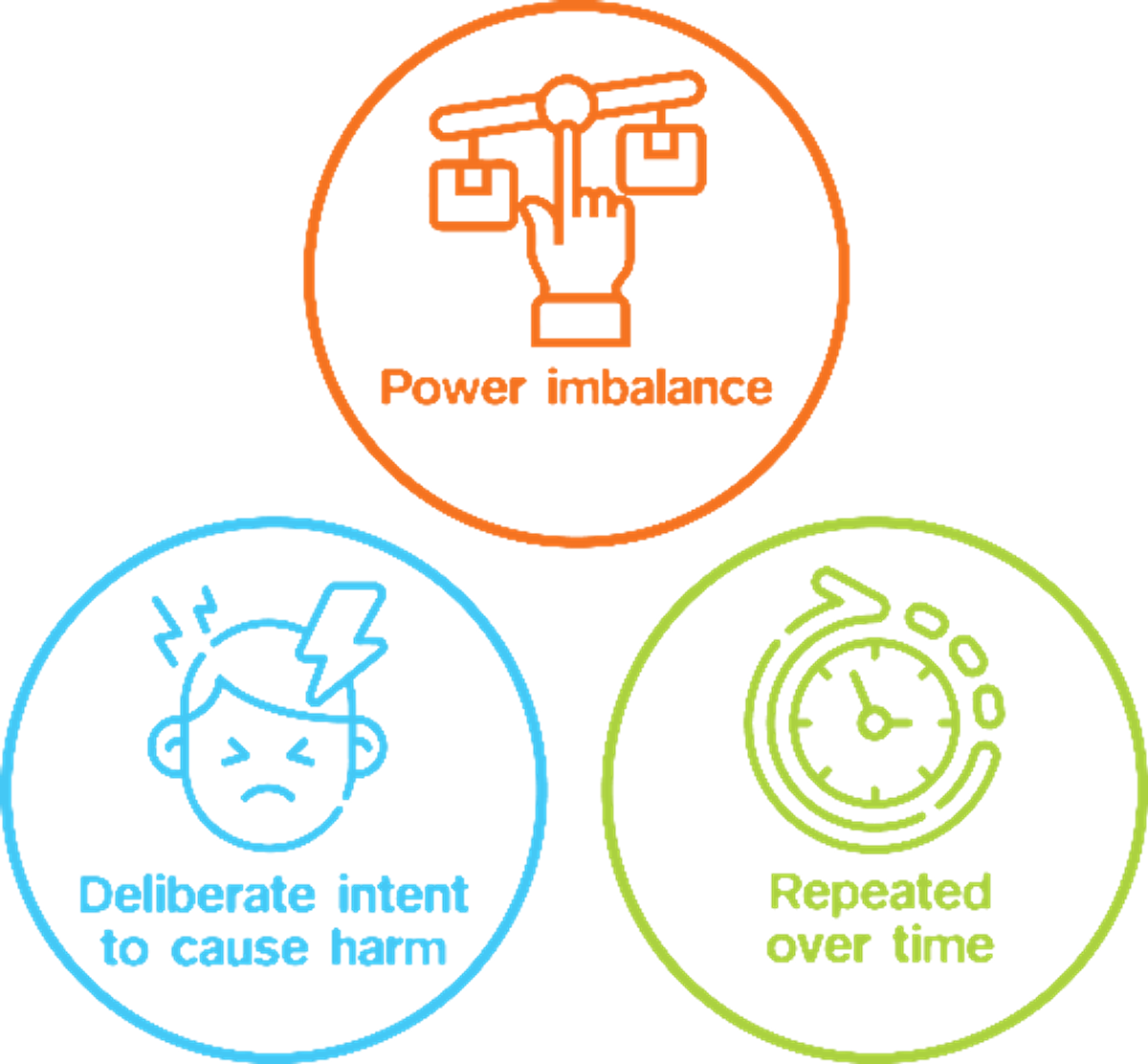Wellbeing

SFS community market
We are looking forward to the SFS twilight community market this year to be held on Thursday 4th November, between 5pm and 8pm. It is not too late to book a stall. Please contact me rlenko@sfslynbrook.catholic.edu.au if you have a small business you would like to promote. I encourage families to get together to come up with a stall idea for the market. The cost of the stall is 20 dollars with money going towards the upkeep of the school garden.
The Resilience Project
At SFS, we are a partner of the Resilience Project. In Term 3, we will be focusing on the key concept of Emotional Literacy. Emotional literacy is the ability to feel, recognise and name emotions. It gives us the ability to explain how we feel, and can immediately disarm the intensity of an emotion.
Here are some frequently asked questions that parents have about the program.
Why is resilience and wellbeing important?
- Children who are not well emotionally will not be able to learn. When we are stressed the part of our brain responsible for learning does not work.
- Calm children can focus and retain more information.
- Resilience enables children to take safe risks without fear of failure.
- The statistics indicate that the number of adults struggling with mental ill health has increased over the years.
- Statistics also tell us that mental ill health is affecting young people at alarming rates and the onset is getting earlier. Prevention is the key to seeing these figures improve.
Why and how is this relevant to curriculum?
- The Resilience Project curriculum has been produced to align with Victorian and Australian Curriculum standards and frameworks.
- The Resilience Project curriculum addresses aspects of achievement standards in the Personal and Social Capabilities learning area and the Health and Physical Education learning area.
For more information visit theresilienceproject.com.au
Child Safety policy
At SFS, we have a child safety policy. In this week’s newsletter, we will outline the responsibilities and organisational arrangements.
Responsibilities and organisational arrangements.
Everyone employed or volunteering at St Francis de Sales Primary School has a responsibility to understand the important and specific role they play individually and collectively to ensure that the wellbeing and safety of all students is at the forefront of all they do and every decision they make (CECV Commitment Statement to Child Safety).
The school has allocated roles and responsibilities for child safety as follows:
St Francis de Sales Child Safety Team Child Safety Officer: Rachel Lenko
Child Safety Deputy Officer/DP: Angela Faiola
Principal: Christine White
Chaplain: Maureen Flanagan
Guide to responsibilities of school leadership:
The Principal, the school governing authority and school leaders at St Francis de Sales Primary School recognise their particular responsibility to ensure the development of preventative and proactive strategies that promote a culture of openness, awareness of and shared responsibility for child safety.
Responsibilities include:
- creating an environment for children and young people to be safe and to feel safe
- upholding high principles and standards for all staff, clergy, volunteers and contractors
- promoting models of behaviour between adults and children and young people based on mutual respect and consideration
- ensuring thorough and rigorous practices are applied in the recruitment, screening and ongoing professional learning of staff
- ensuring that school personnel have regular and appropriate learning to develop their knowledge of, openness to and ability to address child safety matters
- providing regular opportunities to clarify and confirm legislative obligations, policy and procedures in relation to children and young people’s protection and wellbeing
- ensuring the school meets the specific requirements of the Victorian Child Safe Standards as set out in Ministerial Order No. 870
- ensuring the school takes specific action to protect children from abuse in line with the three new criminal offences introduced under the Crimes Act 1958 (Vic.) and in line with PROTECT: Identifying and responding to all forms of abuse in Victorian schools.
Guide to responsibilities of school staff Responsibilities of school staff (school employees, volunteers, contractors and clergy) include:
- treating children and young people with dignity and respect, acting with propriety, providing a duty of care, and protecting children and young people in their care
- following the legislative and internal school policies, procedures and processes in the course of their work, if they form a reasonable belief that a child or young person has been or is being abused or
- providing a physically and psychologically safe environment where the wellbeing of children and young people is nurtured
- undertaking regular training and education in order to understand their individual responsibilities in relation to child safety, and the wellbeing of children and young people
- assisting children and young people to develop positive, responsible and caring attitudes and behaviours which recognise the rights of all people to be safe and free from abuse
- following the school’s Child Safety Code of Conduct
Planning for a safe and supportive school communityPlanning for a safe and supportive school community requires a whole-school community approach. To achieve this, our whole-school community must share an understanding of the definition of bullying. Bullying. No Way! provides the national definition of bullying for Australian schools.
The full national definition can be read here.
3 key characteristics outlined in the national definition of bullying distinguish bullying behaviours from other forms of peer aggression behaviours which do not constitute bullying. The key characteristics are of bullying include:
While the following behaviours of peer aggression do not constitute bullying, these behaviours may still be serious and require intervention at home and at school:
- Arguments and disagreements (where there is no power imbalance)
- Single acts of social rejection or meanness, or
- Isolated incidents of aggression, intimidation or violence
It is important for our whole-school community, including our staff, parents, carers and students to have a clear understanding of the definition of bullying to be able to distinguish these behaviours from peer aggression, and correctly identify and respond to incidents of bullying.
Knowing the types of bullying behaviour can also help you identify if the incident is bullying, or peer aggression. While neither of these behaviours are tolerated at St Francis de Sales, they do require different management strategies, and the first step for responding is to correctly identify the behaviour.
If you have concerns that your child is being bullied, please contact the classroom teacher in the first instance. You will be referred to the Principal if a satisfactory outcome is not achieved.
For more information, please visit the Bullying. No Way! website for additional resources.
If you have any concerns about the wellbeing of your child, please do not hesitate to contact me. Wishing you all a happy and safe holiday break with your families.
Rachel Lenko
Student Wellbeing Leader



